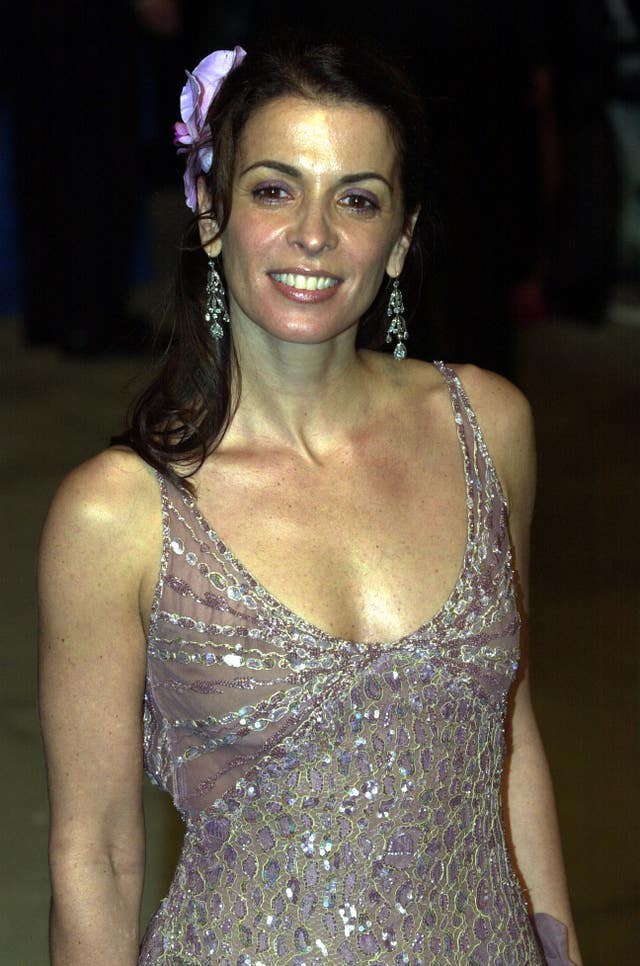
An appeals court has criticised prosecutors for filling out Harvey Weinstein’s rape trial last year with what one judge deemed “incredibly prejudicial” evidence from women whose allegations were not part of the criminal charges against him — a strategy that could jeopardise the disgraced movie mogul’s conviction.
Members of a five-judge panel in New York state’s intermediate appeals court condemned Judge James Burke’s decision to allow the witnesses and for another ruling that cleared the way for prosecutors to confront Weinstein with evidence about other misbehaviour if he had gave evidence.
Several judges on the panel appeared open to considering reversing Weinstein’s conviction and ordering a new trial. A decision is not expected until January.
Judge Sallie Manzanet-Daniels said prosecutors had piled on with “incredibly prejudicial” evidence from additional witnesses and that heavy details about Weinstein’s behaviour — in some cases boorish but not sexual — amounted to overkill.
“Let’s inflame the jury’s heart by telling them that he beat up his brother during a meeting. I just I don’t see how there is a balance there on that,” she said, challenging a lawyer from the Manhattan district attorney’s office who implored the judges to uphold Weinstein’s conviction.
Weinstein, 69, was convicted in February 2020 of a criminal sex act for forcibly performing oral sex on a TV and film production assistant in 2006, and rape in the third degree for an attack on an aspiring actress in 2013.
He was acquitted of first-degree rape and two counts of predatory sexual assault stemming from actor Annabella Sciorra’s allegations of a mid-1990s rape.

The verdict was a landmark in the MeToo movement spawned by women coming forward with allegations against Weinstein. He maintains his innocence and contends that any sexual activity was consensual.
Judge Burke allowed prosecutors to bolster their case with evidence from three women who alleged Weinstein also violated them but whose claims did not lead to charges in the New York case.
Rules on calling witnesses to give evidence about “prior bad acts” vary by state and were an issue in Bill Cosby’s successful appeal against his sexual assault conviction in Pennsylvania.
New York’s rules, shaped by a landmark decision in a 1901 poisoning case, are among the more restrictive.
Weinstein’s lawyers said the extra evidence went beyond what is normally allowed — detailing motive, opportunity, intent or a common scheme or plan — and essentially put the ex-studio boss on trial for crimes he was not charged with and had not had an opportunity to defend himself against.

Judge Burke’s ruling allowing prosecutors to use horror stories from Weinstein’s past to attack his credibility worked to prevent him from giving evidence, Weinstein lawyer Barry Kamins told the appellate panel.
“The jury was overwhelmed by such prejudicial, bad evidence,” Mr Kamins argued. “This was a trial of Harvey Weinstein’s character. The people were making him out to be a bad person.”
Mr Kamins also challenged Judge Burke’s refusal to remove a juror who had written a novel involving predatory older men, as well as his decision to allow prosecutors to have an expert on victim behaviour and rape myths give evidence while rejecting testimony on similar subjects from defence experts.
Weinstein, sentenced to 23 years in state prison in New York, did not attend Wednesday’s arguments. He was extradited to California earlier this year and is jailed there while awaiting trial on charges he assaulted five women in Los Angeles and Beverly Hills from 2004 to 2013.


Comments: Our rules
We want our comments to be a lively and valuable part of our community - a place where readers can debate and engage with the most important local issues. The ability to comment on our stories is a privilege, not a right, however, and that privilege may be withdrawn if it is abused or misused.
Please report any comments that break our rules.
Read the rules here